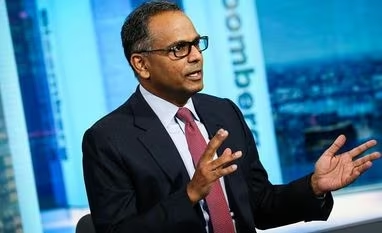GQG Co-founder Rajiv Jain is creating an investing empire in Florida
In 2022, when most asset managers watched clients yank cash from their funds as markets cratered, GQG thrived
)
Explore Business Standard
In 2022, when most asset managers watched clients yank cash from their funds as markets cratered, GQG thrived
)
Already subscribed? Log in
Subscribe to read the full story →

3 Months
₹300/Month
1 Year
₹225/Month
Renews automatically, cancel anytime

Over 30 premium stories daily, handpicked by our editors



News, Games, Cooking, Audio, Wirecutter & The Athletic

Digital replica of our daily newspaper — with options to read, save, and share



Insights on markets, finance, politics, tech, and more delivered to your inbox

In-depth market analysis & insights with access to The Smart Investor



Repository of articles and publications dating back to 1997

Uninterrupted reading experience with no advertisements



Access Business Standard across devices — mobile, tablet, or PC, via web or app
First Published: Feb 21 2023 | 7:01 PM IST